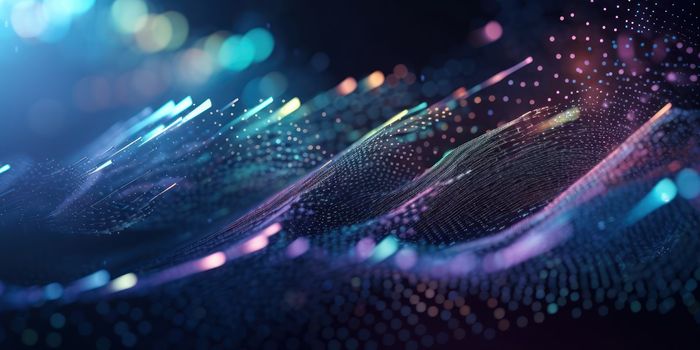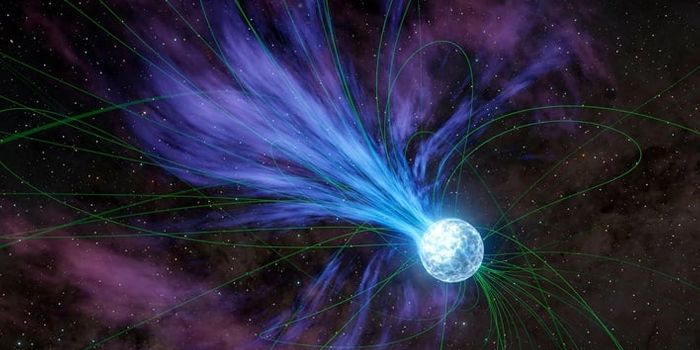Lithium batteries that can charge in 5 minutes
A team of researchers at Cornell University have developed a new approach to lithium batteries that could enable faster charging times than those currently available on the market, all while maintaining adequate charge hold. The team’s work is described in a recent article published in Joule.
Electric vehicles are becoming an increasingly popular option for drivers. In fact, the electrification of transportation modalities across the board is an option that policymakers are weighing with increased interest, and with good reason. By some estimates, the current growth of electric vehicles is set to significantly reduce the amount of oil needed for transportation purposes, to nearly 5 million barrels each day by around 2030.
However, electrification is not without its challenges. One of the more common issues facing consumers of electric vehicles, specifically, is the quality and longevity of batteries that power these vehicles. The need for batteries that can quickly charge but that can also hold a reasonable charge has been an elusive challenge, making the widespread adoption of electric vehicles difficult. In other words, we don’t quite yet have batteries that make cars work like the combustion engines we’re used to.
Researchers at Cornell University have designed a new battery that could help address many of these challenges. The battery is capable of charging in around 5 minutes, and can hold an adequate charge, addressing concerns many consumers have about how far you can go on an electric vehicle battery. And even so, researchers say, having a quick charging battery might mean people would be ok settling for less range, which could reduce costs and enable a more widespread adoption of electric vehicles.
This specific battery leverages a material called indium, which is currently used in the coatings for materials like solar panels. But researchers also found that indium worked well as a battery anode. Anodes are one of the key parts of a battery, along with a cathode. Anodes are the “negative” part of the batteries that transfer electrons to cathodes to produce electricity. It’s specific characteristics (eg, enabling a high rate of ion diffusion) make it an excellent material for promoting quick battery charging and provides hope for the future of electric cars.
Sources: Science Daily; Joule; IEA








